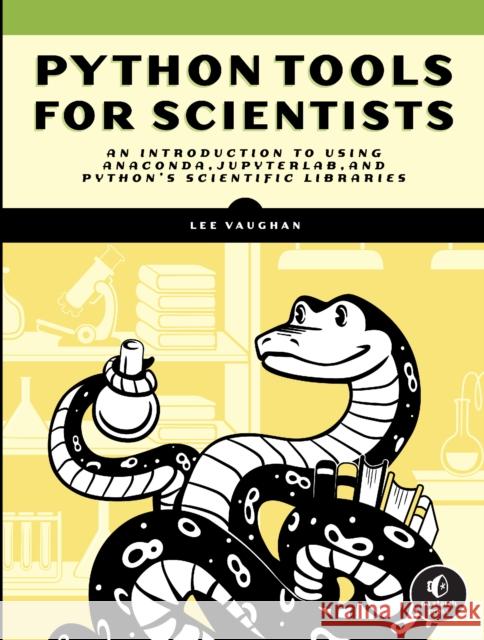Python Tools for Scientists: An Introduction to Using Anaconda, JupyterLab, and Python's Scientific Libraries » książka
topmenu
Python Tools for Scientists: An Introduction to Using Anaconda, JupyterLab, and Python's Scientific Libraries
ISBN-13: 9781718502666 / Angielski / Miękka / 2023 / 472 str.
Python Tools for Scientists: An Introduction to Using Anaconda, JupyterLab, and Python's Scientific Libraries
ISBN-13: 9781718502666 / Angielski / Miękka / 2023 / 472 str.
cena 241,50
(netto: 230,00 VAT: 5%)
Najniższa cena z 30 dni: 240,93
(netto: 230,00 VAT: 5%)
Najniższa cena z 30 dni: 240,93
Termin realizacji zamówienia:
ok. 8-10 dni roboczych.
ok. 8-10 dni roboczych.
Darmowa dostawa!
Kategorie:
Kategorie BISAC:
Wydawca:
No Starch Press,US
Język:
Angielski
ISBN-13:
9781718502666
Rok wydania:
2023
Ilość stron:
472
Oprawa:
Miękka
Wolumenów:
01
Dodatkowe informacje:
Wydanie ilustrowane











